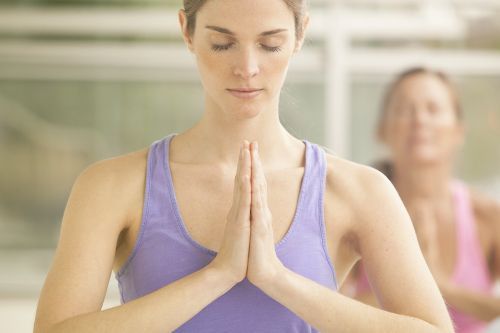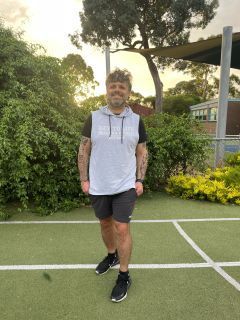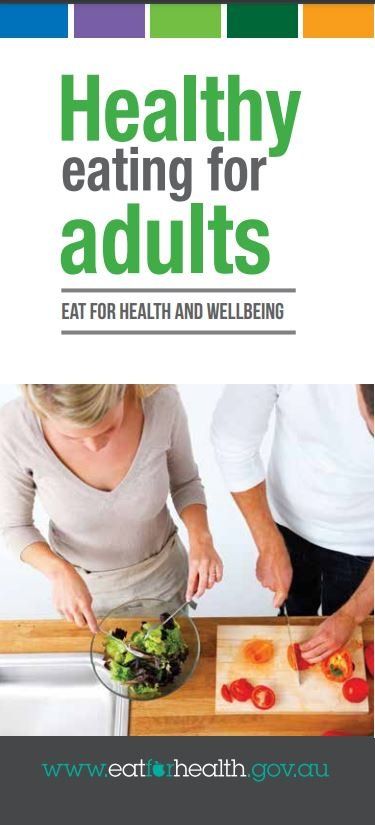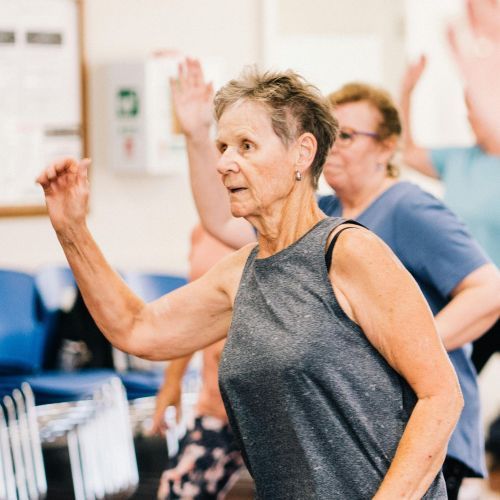The Mind-Body Connection Through Yoga
The Mind-Body Connection Through Yoga

In today’s fast-paced world, many women juggle demanding careers, family responsibilities, and personal aspirations—often at the expense of their own wellbeing.
Yoga offers more than just physical exercise; it provides a pathway to reconnect with oneself, restore balance, and cultivate resilience. This article explores the science and philosophy behind the mind-body connection through yoga, and how regular practice can transform both mental and physical health.
Understanding the Mind-Body Connection
The mind-body connection refers to the dynamic relationship between our thoughts, emotions, and physical health. Ancient yogic philosophy has long recognised this interplay, asserting that disturbances in one domain—mental, emotional, or physical—can ripple across the others. Modern neuroscience now validates these insights, showing that practices like yoga activate the parasympathetic nervous system, reduce cortisol levels, and enhance the production of serotonin and dopamine.
Yoga’s holistic approach integrates breath (pranayama), movement (asanas), and meditation (dhyana), creating a feedback loop that nurtures both body and mind. This synergy fosters emotional regulation, stress resilience, and heightened self-awareness.
Yoga and Neuroplasticity
One of yoga’s most profound benefits lies in its impact on neuroplasticity—the brain’s ability to reorganise and adapt. Studies show that consistent yoga practice strengthens the prefrontal cortex, the region responsible for decision-making, focus, and emotional control. Through mindful movement and breathwork, practitioners develop the capacity to observe thoughts without judgment, reducing reactivity and enhancing clarity.
This is particularly valuable for women managing multiple roles. Yoga becomes a tool for recalibration—helping to shift from overwhelm to grounded presence.
Stress Reduction and Emotional Balance
Stress is a major disruptor of the mind-body connection. Chronic stress can manifest as fatigue, tension, digestive issues, and sleep disturbances. Yoga offers a multi-dimensional remedy:
Pranayama (Breathwork): Techniques like alternate nostril breathing and diaphragmatic breathing stimulate the vagus nerve, lowering heart rate and blood pressure.
Asanas (Postures): Gentle flows and restorative poses release muscular tension and promote circulation.
Meditation and Mindfulness: Practices such as guided meditation or yoga nidra calm the nervous system and reduce anxiety.
For women in Eltham, Lower Plenty, Montmorency and the surrounding area balancing work and family, these tools offer accessible ways to decompress and restore equilibrium.
Yoga for Hormonal Health and Sleep
Hormonal fluctuations—whether due to stress, perimenopause, or lifestyle—can affect mood, energy, and sleep. Yoga supports endocrine health by reducing cortisol and enhancing melatonin production. Gentle evening practices, such as yin yoga or restorative sequences, prepare the body for restful sleep.
Incorporating yoga into weekly routines can help regulate cycles, improve sleep quality, and reduce symptoms of anxiety and irritability.
Building Self-Awareness and Emotional Intelligence
Yoga cultivates interoception—the ability to sense internal bodily states. This heightened awareness allows practitioners to recognise emotional patterns, physical tension, and energetic shifts. Over time, this builds emotional intelligence and self-compassion.
For women navigating career pressures and parenting, this self-awareness fosters better boundaries, improved communication, and a deeper sense of agency.
Yoga and Community Connection
Beyond the mat, yoga fosters connection. Group classes create a shared space for growth, support, and belonging. Local yoga studios such as Key to Life, offer intimate settings where women can connect with others who share similar goals and challenges.
This sense of community is vital for mental health, reducing isolation and enhancing motivation.
Yoga for Beginners: Where to Start
If you’re new to yoga, start with gentle classes such as Hatha or Yin Yoga. Look for instructors who offer modifications and support individual needs. Key principles to keep in mind:
Consistency over intensity: A few sessions per week yield more benefits than sporadic intense workouts.
Listen to your body: Yoga is non-competitive. Honour your limits.
Create a ritual: Set aside time for practice, even if it’s just 15 minutes at home.
Integrating Yoga into Daily Life
Yoga doesn’t have to be confined to the studio. Here are simple ways to integrate it into your routine:
Morning Stretch Sequence: Begin your day with 5–10 minutes of sun salutations.
Breath Breaks: Pause during work to practice deep breathing.
Evening Wind-Down: Use gentle poses to transition into sleep.
Mindful Parenting: Apply yoga principles of patience and presence when engaging with children.
The Role of Key to Life Health and Fitness
For residents of Eltham, Lower Plenty, Montmorency and surrounding areas, Key to Life Health and Fitness offers a welcoming space to explore yoga in a supportive, small-group environment. With experienced accredited instructors and a maximum of eight participants per class, clients receive personalised attention and guidance.
Yoga classes are held:
Wednesdays at 5.30pm
Thursdays at 10.30am
Sundays at 9.30am
Whether you're seeking stress relief, improved flexibility, or deeper self-awareness, Key to Life provides the structure and community to support your journey.
Book your FREE trial yoga class with Key to Life today!







